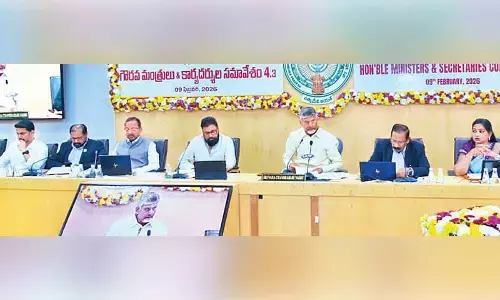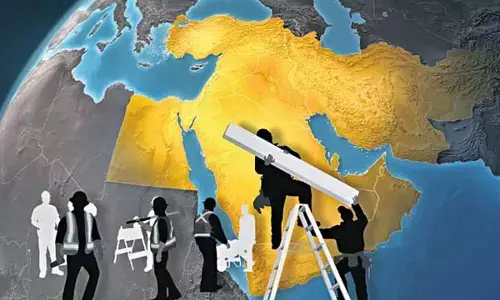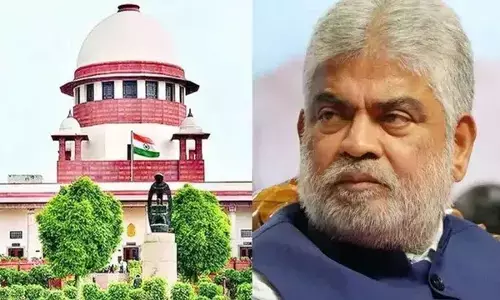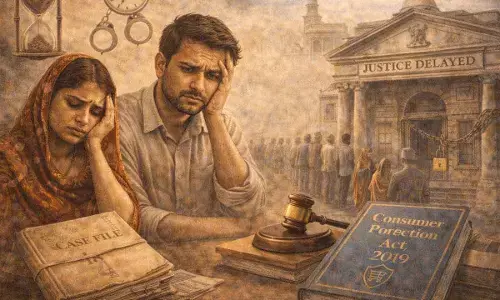The curious case of Bengal's refugees
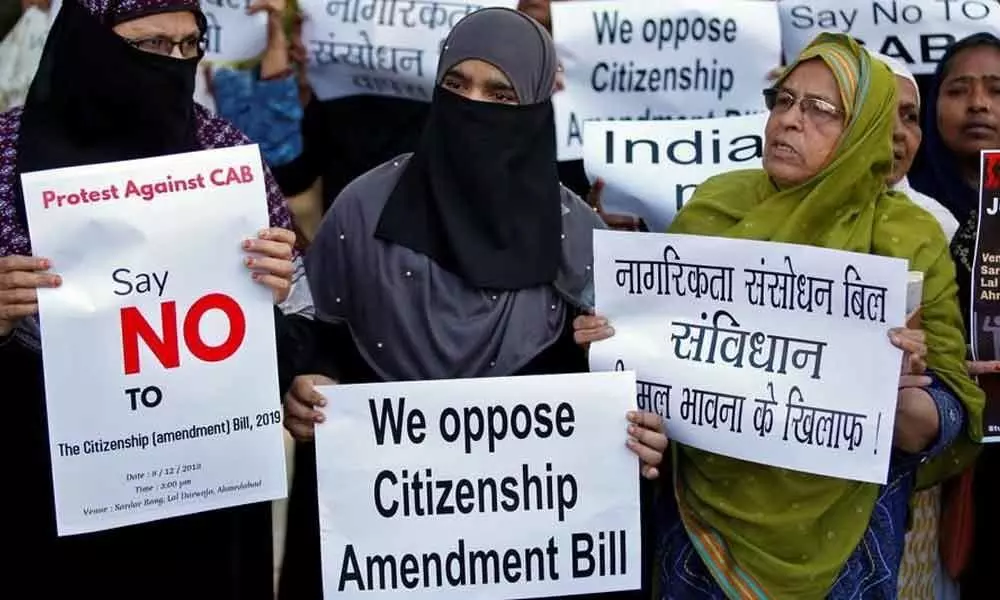
Sabita Das, who earns her living by working as cook in some households, has never had hesitation in telling people that she came to Kolkata (then Calcutta) from Barishal in Bangladesh in the early 1990s, as her parents could not provide two square meals to their seven daughters.
Sabita Das, who earns her living by working as cook in some households, has never had hesitation in telling people that she came to Kolkata (then Calcutta) from Barishal in Bangladesh in the early 1990s, as her parents could not provide two square meals to their seven daughters.
She got married here, and votes in every election, thanks to the electoral photo identity card. She operates two bank accounts, has a PAN card and electricity connection in her name, and even possesses an Aadhaar card.
While her parents and siblings visit her from time to time, she maintains regular contact with them over phone.
She still faces financial difficulty, but otherwise life has been smooth.
But now she is confused after hearing of the National Register of Citizens and the Citizens' Amendment Bill, tabled in the Rajya Sabha on Wednesday.
"I thought I am just like you people. I enjoy all the rights you have. I don't know what may happen now, and I have been going through all my documents, to see they are fool-proof. But will I become a refugee now?
Maybe, as some people are saying, I will get more rights now as no one can challenge by citizenship now as I am a Hindu," she said.
Das is not alone, there are may be millions of people - though unspecified - who came to Bengal from Bangladesh, or earlier when it was East Pakistan, from the 1940s up to the recent times.
They have all documents, including passports, enjoy all facilities and rights. But they have no idea that their citizenship could be illegal and could face a challenge in court.
A State that has seen major migration of people twice - first during the Partition of 1947 and then at the time of the 1971 Bangladesh liberation war - has had to bear with the pressure of a continuous stream of people entering it from Bangladesh over the decades since the late 1940s.
"The report of the Census in India in 1951 observed that the rise in population from 1946 to 1957 in West Bengal on account of the refugee influx amounted to about fifty years of population increase due to normal growth.
The result was increase in population density of West Bengal by 12 per cent and that of (then) Calcutta by 20 per cent," said historian Sabyasachi Bhattacharya in his book 'The Defining Moments in Bengal 1920-1947'.
Later, in 1981, the West Bengal government estimated that the total number of East Pakistan refugees in West Bengal was about eight million, that is one-sixth of the population of the State at that time.
Jadavpur University professor Om Prakash Mishra, considered an authority on refugee studies, pointed out that the country is not a signatory to the 1951 UN Refugee Convention and has no policy and appropriate legislation for refugees, nor has it framed any refugee status determination procedure.
"The entire gamut of issues related to movement of refugees has always been dealt on a case-to-case basis. However, India has played a positive role for the refugees, whether from Tibet, or Sri Lanka, or for that matter, the Chittagong Hill Tract from Bangladesh," Mishra told this writer.
He said almost 10 million people had fled the then East Pakistan and had taken refuge in India, especially West Bengal. Since then, even while about nine million people went back to the newly liberated Bangladesh, about a million people stayed back.
"It is not possible to measure or quantify the number of people who may have come from Bangladesh to India in the subsequent period," Mishra said.
According to Mishra, since none of these people have been categorised as refugees, and there has been no refugee status determination procedure, "those crossing over are liable to be treated under the Foreigners' Act, 1946".
The Central government from time to time has apprehended or attempted to deport some people, but the number is not significant.
"However, in the absence of Bangladesh accepting the responsibility for these people, there is no way to deport them under international law", he said.
State BJP refugee cell in-charge Mohit Roy said there are no official records of those who came after 1972.
"Though nobody says that, they are all illegal migrants, irrespective of the various documents they have procured by various means. Nowhere does the Citizenship Act say that if you are a voter, you are a citizen," Roy said.
"So long nobody challenges, they have no problem. But take the case of the 450 people in Guptipara of Hooghly district, against whom cases were filed ahead of the 1996 Assembly polls that they were illegal immigrants. The case is still on," said Roy.
In fact, through the twilight years of the last century till the present, the issue of illegal immigrants from Bangladesh has been a recurring feature in Bengal poll campaigns.
Ahead of the 2006 Assembly and Lok Sabha polls, around 12,78,000 names were deleted from the voters' list following complaints by then Trinamool Congress chief Mamata Banerjee and her second-in-command (now BJP leader) Mukul Roy, said former CPI-M MP and present leader of the party's wing Paschim Banga Samajik Nyaya Mancha Alakesh Das.
"In Nadia district alone, 96,000 names were deleted. The major reason was they were Bangladeshis," said Das.
There were even lot of instances of cases being filed against government appointees like headmasters on account of their nationality by those who could not make the cut, said Roy.
Railing against the "influx of Muslims" from Bangladesh over the past half a century, he said the community formed 20 per cent of the population in West Bengal as per the 1971 census. But in 2011, the percentage of Muslims was estimated to be 27.01.
The secretary of the refugee mass organisation UCRC Dipak Bhattacharya said the 2,217 km-long border between Bengal and Bangladesh, a large part of which was open, had led to the influx from the neighbouring nation, mostly for economic reasons.
"These people can be found in all districts, be it South Bengal or North Bengal. But their numbers are obviously more in the border districts".









